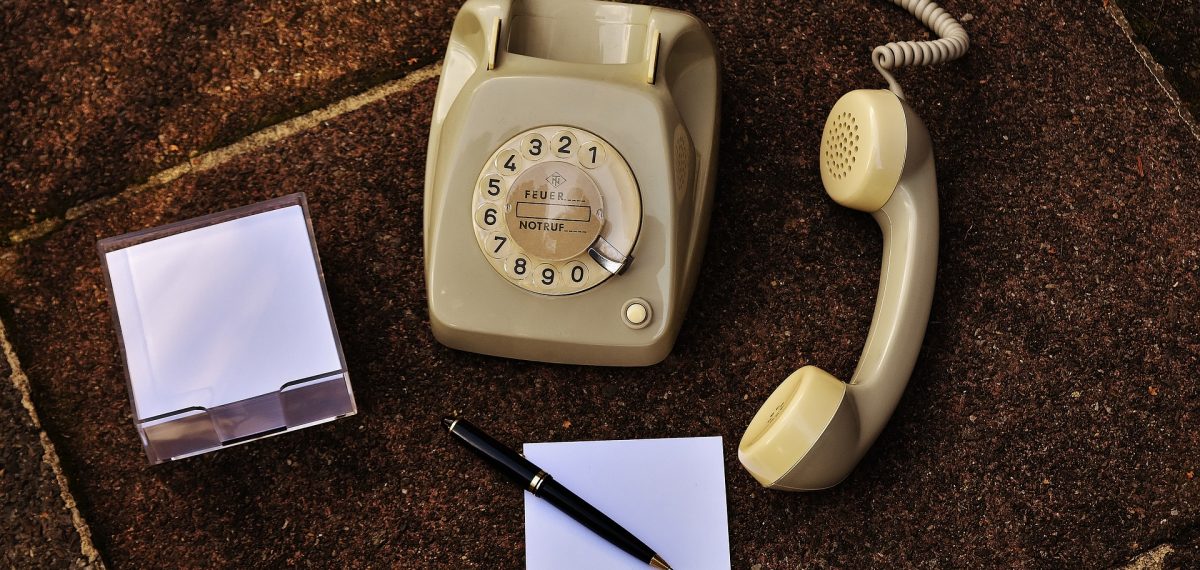Since the events that led to the UK and most of the world moving into lockdown and businesses closing their office doors, we’ve been doing much more of our communication by phone and video. Companies were still recruiting however and have turned to phone and video calls to conduct their first-round interviews.
It’s not a new concept. Many businesses have always used phone-based screening calls with applicants that look good on paper to make sure they take the right ones forward to face-to-face interviews and with the number of candidates applying for each vacancy rapidly increasing, that looks set to continue.
Normally, during that first conversation, you’ll speak to a member of the HR team rather than the person who will conduct any face-to-face interview if you get that far. A phone call interview generally is much shorter than a face-to-face interview so it’s important to make sure you use your time to convey to the person at the other end of the phone that you have the right skills, experience, and attitude to make sure you get on that face-to-face interview shortlist!
How to Prepare
Get organised! Once you have the date and time of your interview, allow time beforehand to do all your usually interview preparation. Think about the skills and experience that the job advert has highlighted and write down examples of how you can demonstrate those skills.
The good thing about being on the phone is that you can refer to notes and take time to pause and think more easily. Have a pen and notebook ready to jot down anything you might want to refer back to and also write down your answers to the basic interview questions such as:
- What are your salary expectations?
- If you were offered this job, when would you be able to start?
- What is your availability for a face-to-face interview?
- Why are you looking to leave your current company?
and have 2 or 3 questions about the company and its culture prepared to ask the interviewer.
A copy of your CV will also help when referring back to previous work history.
What to Wear
It’s important to be in the right frame of mind so resist the temptation to stay in your pyjamas, on the sofa with the TV on in the background.
You’ll feel and perform in a much more professional way if you are showered, dressed and sat at a desk or table with no distractions and background noises.
Make sure you have good phone reception and find a quiet space where you won’t get interrupted.
What’s in a Smile
Yes, sounds weird but smiling whilst you are having the conversation with the interviewer really helps to make you sound upbeat.
Listen and don’t interrupt. You need to find a balance between creating a pause and an awkward silence. Leave a short gap after the interviewer has finished asking their question, just to make sure you don’t talk over them – it will also help you give a considerer response. Have some water to hand just in case. There’s nothing worse than getting a tickle in your throat and having to run through the house to turn the tap on and fill up a glass!
Once you are prepared, ready to go and in your quiet space with no distractions, take a few deep deep breaths and relax! Stay positive and have those notes to hand. Remember, the interviewer can’t see you, so if you need to refocus, having a look at your notes will help you get back on track.
If you need any more help with interviews or your job search then get in touch with the Personnel Placements Recruitment Team.



